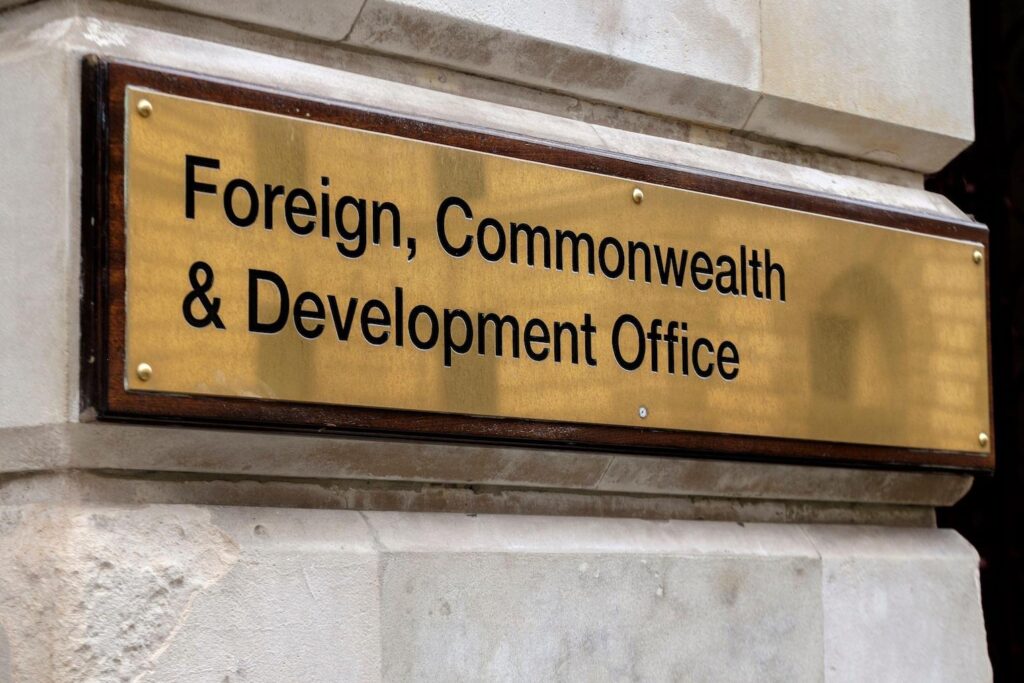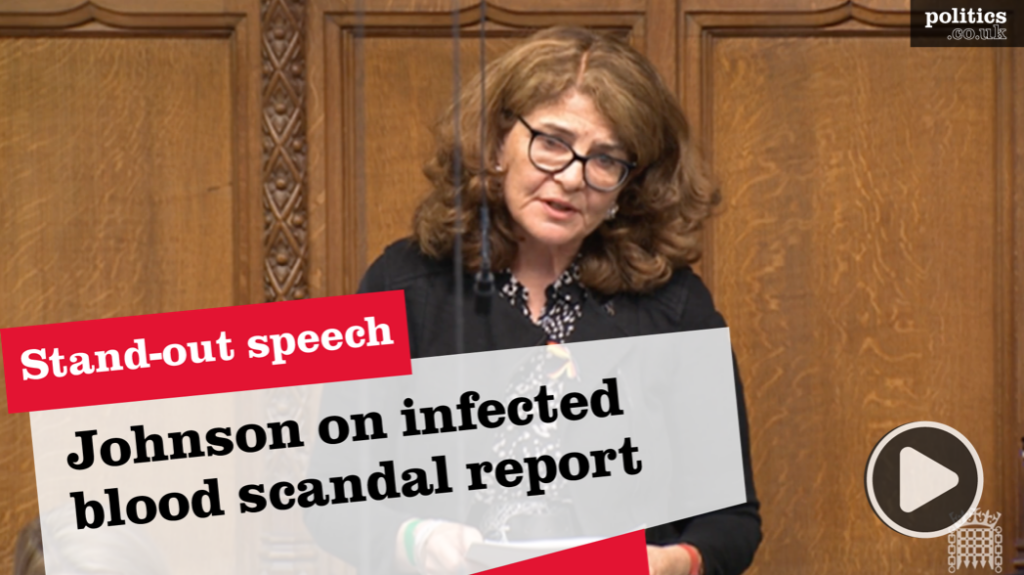One of the legacies of the last Labour government was the progress made alongside our allies to prioritise and tackle some of the global challenges we face. 20 years ago, under a Labour prime minister, the United Kingdom helped found The Global Fund to Fight Aids, TB and Malaria. Since then, The Global Fund has helped save 59 million lives around the world.
Why did a Labour government do this and so many other things to support the poorest and most vulnerable around the world? In part, it’s because we recognise our moral responsibility as a nation. But it’s also because Labour has repeatedly championed a collective and internationalist approach to addressing the world’s great challenges. We see this as an important way to strengthen relationships with other nations.
Labour has always understood that many of the challenges we face don’t respect national borders. We see this clearly today with climate change; but we also see it in health security. Unless we work to build strong health systems around the world, we risk our health at home. We need to support global efforts to identify and react to emerging challenges.
***Politics.co.uk is the UK’s leading digital-only political website, providing comprehensive coverage of UK politics. Subscribe to our daily newsletter here.***


Sadly, the standing that Britain once had on the global stage has been diminished in recent years. The UK has stepped back from the responsibilities we once embraced. Nowhere is this clearer than with the decision in 2022 to reduce the UK’s commitment to The Global Fund to Fight AIDS, TB and Malaria.
Decisions like this demonstrate how important it is that the next government has a strong international development policy – not only for the UK, but for countries around the world.
This is also why Labour must begin to set out how it would reverse the decline in Britain’s global standing and signal to our global allies that we will once again work with them closely to make the world a safer place.
One way that Labour can do this is by recommitting to meeting the 2030 goal to end the malaria epidemic, as set out in the UN Sustainable Development Goals in 2015. Malaria is one of the world’s oldest and deadliest diseases. It still kills a child every minute. However, it’s also a disease against which incredible progress had been made. This is thanks in no small part to British funding of bodies like the Global Fund, and through support for UK life sciences research.
Thankfully, the innovation, dedication and abilities of our life science researchers remains strong. This has helped lead to innovations in recent years, like new insecticide-treated bed nets, progress on gene drive technology, and the creation of the first malaria vaccines. However, innovations like those don’t happen unless the government works to create the environment that enables them.
It isn’t too late. A strong commitment that Labour will fully fund multilaterals like the Global Fund, Gavi and Unitaid, alongside continued support for our leadership in the life sciences, would send a strong signal about what the next Labour Government stands for. Support for these institutions will help create a more robust pipeline of malaria tools in the UK. Organisations and universities that work on their development will know that the British government backs them and will help ensure they get to the people who need them the most.
There will be those that say, “this is all well and good – but why prioritise this before an election, when the public don’t care?” But the public do care. The public has always been proud of the work we do as a nation to support those who need it, and they don’t want us to walk away from a job half-finished. Polling carried out by Malaria No More UK shows that British voters support backing UK science in the fight against malaria. Malaria No More UK’s 2023 Finish The Job campaign took to the streets to speak to ordinary people about how they felt about Britain’s role in ending malaria. The overwhelming majority were proud of the lifesaving work that the UK has done in the last twenty years and believe that the government should back British science to finish the job and end malaria for good.
I recognise the voices in this campaign. They are voices I hear every day as a Labour candidate. They are proud of British expertise and the transformative role it can play. And they understand our commitment to making the world a better place, even when we’re facing tough times at home.
Now is the time for Labour to step up. We need a foreign policy that Britain can once again be proud of. One that is compassionate; that recognises our interconnectedness and the value of working with our global partners. It’s time for Labour to embed issues like the fight against malaria into Labour foreign policy.
The next government has the opportunity to end malaria in our generation. It can commit to finishing the job started by the Labour governments that came before. Backing British science and supporting the multilateral organisations that distribute lifesaving tools round the world would reflect who we are today as a nation: a Britain reconnected to the world and ready to play its part.
This is an extract from an essay collection by Malaria No More UK and the ONE campaign. The full collection is available on Zero Malaria Britain
Politics.co.uk is the UK’s leading digital-only political website, providing comprehensive coverage of UK politics. Subscribe to our daily newsletter here.












